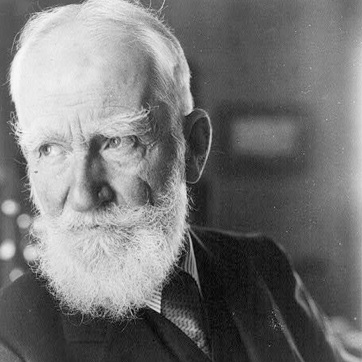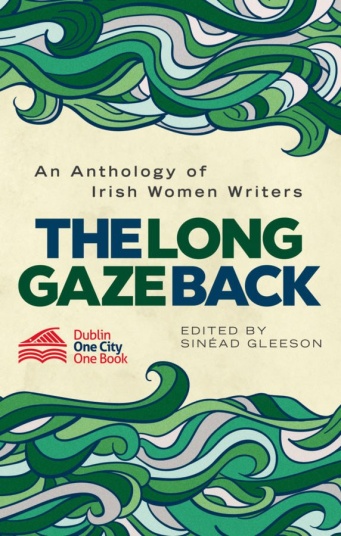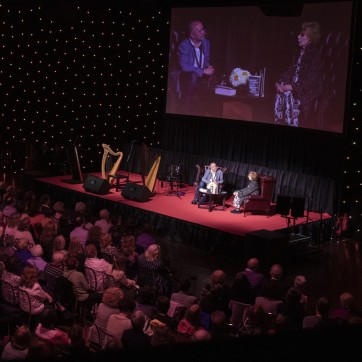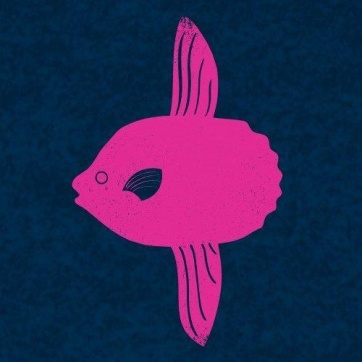
George Bernard Shaw
1856 – 1950

George Bernard Shaw – styled ‘Bernard Shaw’ after 1876 – was born on 26 July 1856 at 3 Upper Synge Street in Portobello, Dublin. Although he largely rejected traditional schooling, attending four different schools between 1865 and 1871, he developed a keen interest and breadth of knowledge in music, art and literature as a result of both his mother’s and her music teacher’s influence. Shaw’s parents’ marriage was an unhappy one, and in 1873, his mother left for London with his two sisters. Shaw however, remained in Dublin with his father until 1876, when he learned that his sister Agnes was dying of tuberculosis and travelled to attend her funeral. Following the funeral, Shaw remained in London with his mother, where he first began to write – producing five novels, all of which were refused by publishers and only found their way into print through serialisation in socialist magazines or in later years.
During these years, Shaw earned a paltry sum from writing, and was supported largely by his mother, subsidising his income with occasional work in arts journalism, rehearsal piano and a brief stint at the newly formed Edison Telephone Company all the while educating himself at the British Museum Reading Room and defining his identity as a vegetarian, an orator, a socialist and member of the gradualist Fabian Society. Shaw largely departed from writing fiction in the mid-1880s, focusing his creative output on plays alongside his political and social writings – many of which were highly contentious, involving enthusiastic appraisals of dictators such as Stalin, Mussolini and Hitler.
Although derided by the press, Arms and the Man (1894) was the first play that brought Shaw any financial success, allowing him to give up his position as a music critic and pursue writing full time. Nevertheless, despite writing around five other plays to follow, many of which are regarded highly today, the only other large success that Shaw saw before 1900 was from an American production of The Devils Disciple in 1897. In 1898, Shaw’s health broke down as a result of overwork, and he was nursed back to health by the Irish heiress Charlotte Payne-Townshend, who he married.
During the 20th Century, Shaw secured his reputation as a playwright – staging plays such as Man and Superman (1902), Pygmalion (1913), Saint Joan (1923), Caesar and Cleopatra (1906), and John Bull’s Other Island (1904) – which reportedly made King Edward VII laugh until he broke his chair. Following the release of Saint Joan, Shaw was awarded the 1925 Nobel Prize in literature, which he accepted without the accompanying monetary prize. In 1938, Shaw provided the screenplay for a film adaptation of Pygmalion, which has been described as having “lifted movie-making from illiteracy to literacy” and for which he was awarded an Academy Award for best-written screenplay, making him the first person to be awarded both a Nobel Prize and an Oscar – although he described the award as an insult, coming from such a source.
In 1946, the year of his 90th birthday, Shaw accepted the freedom of Dublin, became the first honorary freeman of the borough of St Pancras, London and privately declined the Order of Merit from the British Government, arguing that an author’s merit should be determined by history alone. Shaw continued to write into his nineties, and died of liver failure on 2 November 1950, at the age of 94. He was subsequently cremated – with his ashes mixed with those of his wife and scattered in their garden at Shaw’s Corner, Ayot St Lawrence.






